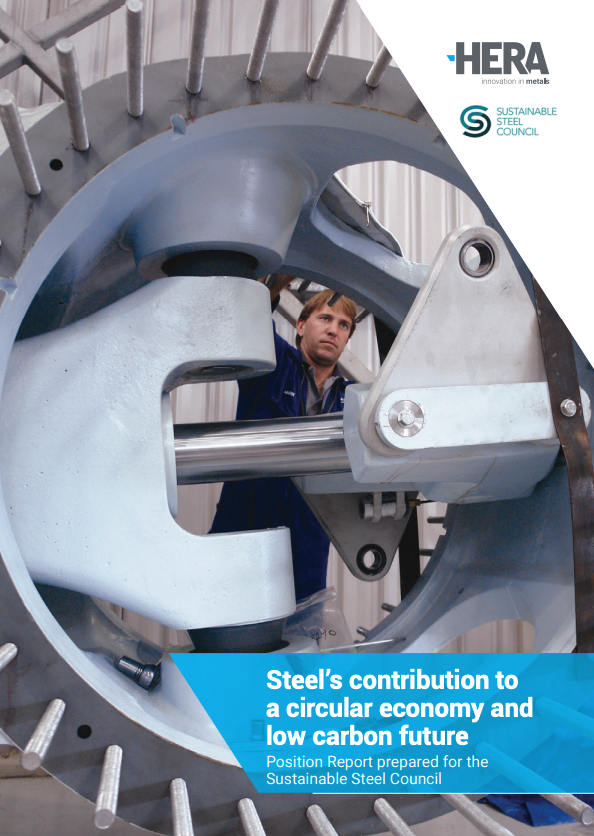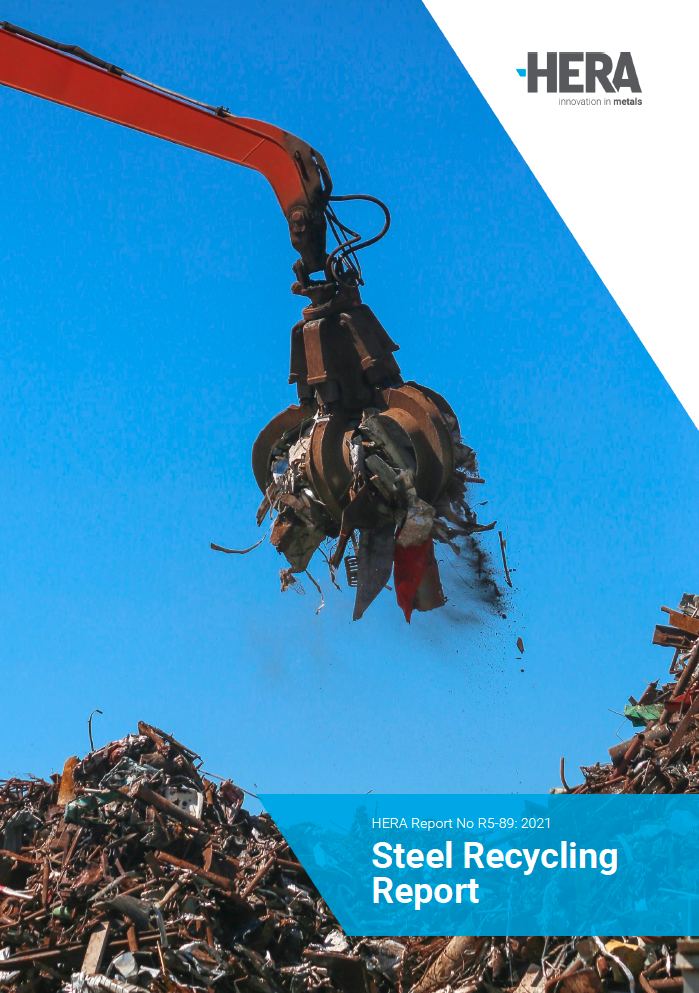Our social licence to operate is fundamental to the long-term sustainability of the steel industry in NZ.
Steel is the backbone of NZ cities, and there is no doubt that NZ loves steel. Local steel manufacturing and fabrication is an important part of the NZ economy, infrastructure and society. Arising from this, steel has an important role to play in our zero-carbon future.
Why? Because Aotearoa wants reduced CO2 emissions, increased recycling and improved productivity, with less impact on our environment. Steel is at the heart of solving these challenges.
The infrastructure required to deliver renewable energy solutions for our future, requires the use of steel. In addition, steel is infinitely recyclable, is seismic resilient and can be re-used and repurposed at the end of its initial life. It is a material that has many lives.
A global challenge requiring a global solution
Steel is infinitely recyclable and its by-products and waste energies are valuable resources. For example, slag from steelmaking is used for civil works, saving natural resources such as river gravel and scoria. New Zealand Steel, produced up to 70% of its own energy requirements, through co-generation.





